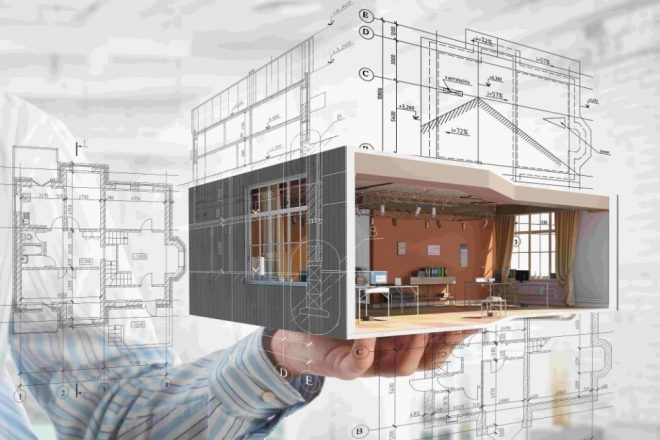In the fast-evolving world of construction, cost estimators play a crucial role in ensuring project success. Their expertise helps stakeholders make informed financial decisions, prevent budget overruns, and streamline project execution. But what exactly does a cost estimator do, and why are they indispensable in modern construction projects?
What is a Cost Estimator?
A cost estimator is a professional responsible for forecasting the total expenses associated with a construction project. This includes material costs, labor, equipment, and other related expenditures. They use advanced tools, historical data, and industry insights to create accurate budget projections that help developers, contractors, and clients plan effectively.
Key Responsibilities of a Cost Estimator
1. Project Cost Analysis
Cost estimators analyze architectural plans, construction drawings, and specifications to determine the financial scope of a project. They factor in elements such as raw material costs, workforce wages, and equipment requirements to create a comprehensive cost estimate.
2. Budget Planning & Forecasting
By assessing various project elements, cost estimators provide clients with detailed cost breakdowns. This helps developers allocate funds efficiently and anticipate potential financial challenges.
3. Market Research & Price Evaluation
Cost estimators continuously monitor market trends, material price fluctuations, and labor costs. This real-time data enables them to provide the most accurate estimates, minimizing the risk of financial miscalculations.
4. Risk Assessment
Unexpected costs can derail a construction project. Cost estimators assess potential risks, such as material shortages, labor disputes, or regulatory changes, and incorporate contingency plans into their financial forecasts.
5. Collaboration with Stakeholders
Cost estimators work closely with architects, engineers, project managers, and contractors to ensure that cost estimates align with design specifications and construction goals.
Importance of Cost Estimators in Modern Construction
1. Prevention of Budget Overruns
A well-prepared cost estimate ensures that projects stay within budget, preventing financial strain on developers and clients.
2. Improved Project Efficiency
Accurate cost estimation leads to better planning, efficient resource allocation, and timely project completion.
3. Enhanced Decision-Making
Stakeholders rely on cost estimators to make informed decisions regarding materials, workforce, and construction techniques, optimizing project success.
Tools & Technologies Used by Cost Estimators
Modern cost estimators leverage advanced software such as:
Building Information Modeling (BIM)
Computer-Aided Design (CAD)
Estimating Software (e.g., CostX, RSMeans, PlanSwift) These tools enhance accuracy, reduce manual errors, and streamline the estimation process.
Conclusion
Cost estimators are the backbone of modern construction projects, ensuring financial feasibility and project success. By leveraging data-driven insights, industry expertise, and advanced technology, they help businesses and clients navigate complex construction landscapes with confidence.




